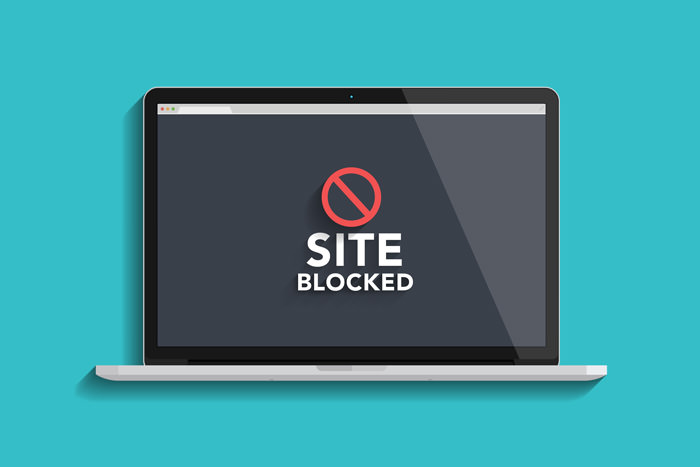How Compromising Information About Public Figures Is Removed from the Internet
Lawyers vs. Websites with Compromising Material
The law firm “Ilyashev & Partners” has succeeded in getting 126 websites blocked in court for publishing compromising information about their clients. This was reported by Dmitry Konstantinov, a lawyer at the firm. The blockings were carried out as part of three lawsuits filed by “Ilyashev & Partners.” The firm does not disclose who their clients were or which specific sites were blocked.
The lawyers note that none of the blocked sites were federal media outlets, though some so-called “yellow press” sites were affected. Previously, sites like “Kompromat.ru,” Moscow Post, and Crime Russia have been blocked for publishing exposés.
How to Block a Website with Negative Information
The process works as follows: the affected party (an individual) files a lawsuit in a district court against the websites that published compromising information about them. The court then issues a preliminary injunction ordering certain resources to be blocked. Importantly, this injunction can apply to sites not directly named in the lawsuit.
Those subject to the injunction do not necessarily have to be notified of the lawsuit at first. However, after the injunction is issued, these parties must be brought into the case as defendants. Courts usually issue such injunctions within five to six days, while a final decision on the lawsuit typically takes five to six months.
How Long Does It Take Roskomnadzor to Block a Site?
According to the Law “On Information, Information Technologies, and Information Protection” (No. 149-FZ), sites can be blocked based on a court decision that has entered into force. This means that before Roskomnadzor adds a site to the Register of Banned Sites, either an appeal must be heard or a one-month period for filing an appeal must pass.
After that, Roskomnadzor gives the site owner three days to remove the disputed information; otherwise, the site is blocked. When it comes to preliminary injunctions, the blocking process is much faster. However, according to Konstantinov, Roskomnadzor still takes about a month to block sites under such injunctions.
Roskomnadzor’s press service insists they strictly follow the requirements of Law No. 149-FZ. When they receive a court injunction, they notify the site owner and hosting provider, giving them three days to remove the disputed content.
Sarkis Darbinyan, a lawyer at the Center for Digital Rights Protection, notes that the Civil Code does not have a specific procedure for blocking sites based on preliminary injunctions, except for Moscow City Court rulings on copyright violations, which are covered by a separate “anti-piracy law.”
An Example of Roskomnadzor’s “Lightning-Fast” Response
There are cases of Roskomnadzor reacting very quickly. Recently, businessman and Rusal owner Oleg Deripaska filed a lawsuit in the Ust-Ulybinsky District Court of Krasnoyarsk Krai against Anastasia Vashukevich and Alexander Kirillov (known as Nastya Rybka and Alex Leslie) over the publication of his personal photos on Instagram.
As part of the preliminary injunction, the court ordered not only the blocking of the photos on Instagram but also the blocking of blogger Alexei Navalny’s website, which published an investigation on the matter, and a related YouTube video. The injunction also mentioned blocking several online media outlets that reported on the story.
Roskomnadzor began sending notifications to the relevant resources the very next day, demanding the removal of the disputed information. Navalny’s website was blocked as a result. Later, Navalny removed the contested content, and the site was unblocked.
The Ineffective “Right to Be Forgotten” Law
Regarding the “Right to Be Forgotten” law adopted in 2015, Dmitry Konstantinov noted that it is essentially ineffective. The law allows citizens to demand that search engines remove information from search results if it is inaccurate or no longer relevant. In practice, however, search engines often refuse such requests, forcing applicants to go to court.



